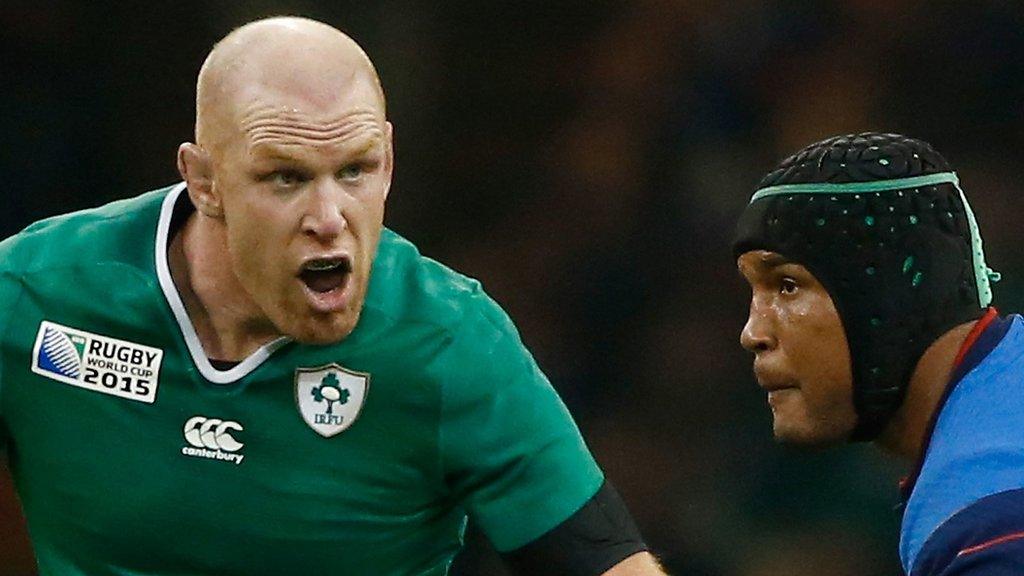Two Premiership rugby union players test positive for cocaine use
- Published
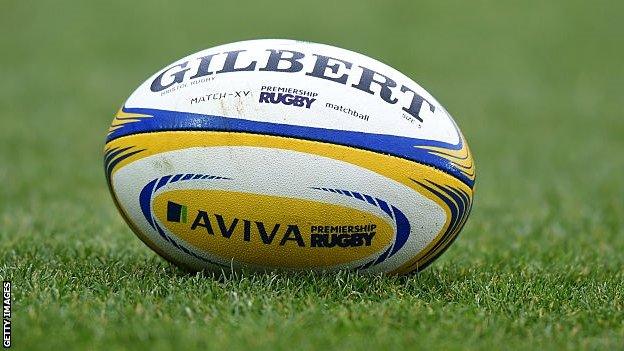
Two Premiership players tested positive for recreational drug use last season, the Rugby Football Union (RFU) has confirmed.
The unnamed players returned samples showing out-of-competition cocaine use.
However, the latest RFU annual anti-doping report revealed there were only four violations for performance-enhancing drugs - all at amateur level.
"It's an extremely low number of positive cases," said RFU anti-doping manager Stephen Watkins.
"That's not to say it's not there, but if you compare those stats with wider general society, it's an incredibly low number of players who have been detected."
The RFU insists it is "doing everything it can" to detect doping in the professional game.
Although only around a third of top-flight players were tested as part of the RFU programme, Watkins is confident in the process.
"We have tested a great deal in the Premiership consistently for over 10 years, with no violations," he said.
"In terms of the amateur game, there's certainly work to be done in terms of education, especially in terms of the lower levels."
What has the RFU done?
Watkins feels rugby union in England is at the cutting edge of anti-doping testing, despite fears some substances - such as the use of Human Growth Hormone (HGH) - are notoriously difficult to detect.
"We utilise all the latest techniques: we operate the biological passport, there is blood and urine testing, in and out of competition," he added.
"We go to players' homes regularly, we obviously have regular intelligence meetings with other sports, with World Rugby and UK Anti-Doping (Ukad).
"I would say we operate at the sharp end here. We obviously can't rest on our laurels, we can't allow ourselves to be complacent in this area. I would say we are doing everything we can. It's a very tough arena this, [and] given some of the other sports' issues with sophisticated doping it's not something we can take too lightly.
"Every sport out there will be looking to use the latest and most sophisticated techniques to detect drug use. But if you look at our stats and World Rugby stats, I think as a sport we stand up pretty well."
Success of illicit drugs programme
The illicit drugs programme was introduced following the Bath cocaine scandal in 2009, when four players were subsequently banned., external
"We feel very confident those issues don't exist in the Premiership any longer. While we can never rule it out, we feel pretty confident we don't have some of the issues which maybe occurred in the past," Watkins said.
Phil Winstanley, rugby director at Premiership Rugby, added: "We had one big problem at Bath and that was a catalyst for this programme,"
"This is slightly different to the anti-doping programme. Unless it's being used in competition, cocaine isn't a performance-enhancing drug. Clearly we don't want it in our sport, and what's why we are doing the programme."
The players who have tested positive have been fined, but the RFU will not reveal their identity when it is a first offence. A second positive test will lead to a ban.
"All the violations have been one-off occasions, [the player] has received treatment and education, and that's followed up with monitoring tests," said Watkins.
A total of 386 illicit drugs tests were conducted across the Premiership last season.
"That would cover off around half of the players," Winstanley added. "So if we did have a problem we would be identifying drug-takers on a regular basis, and we are not."
- Published25 January 2017
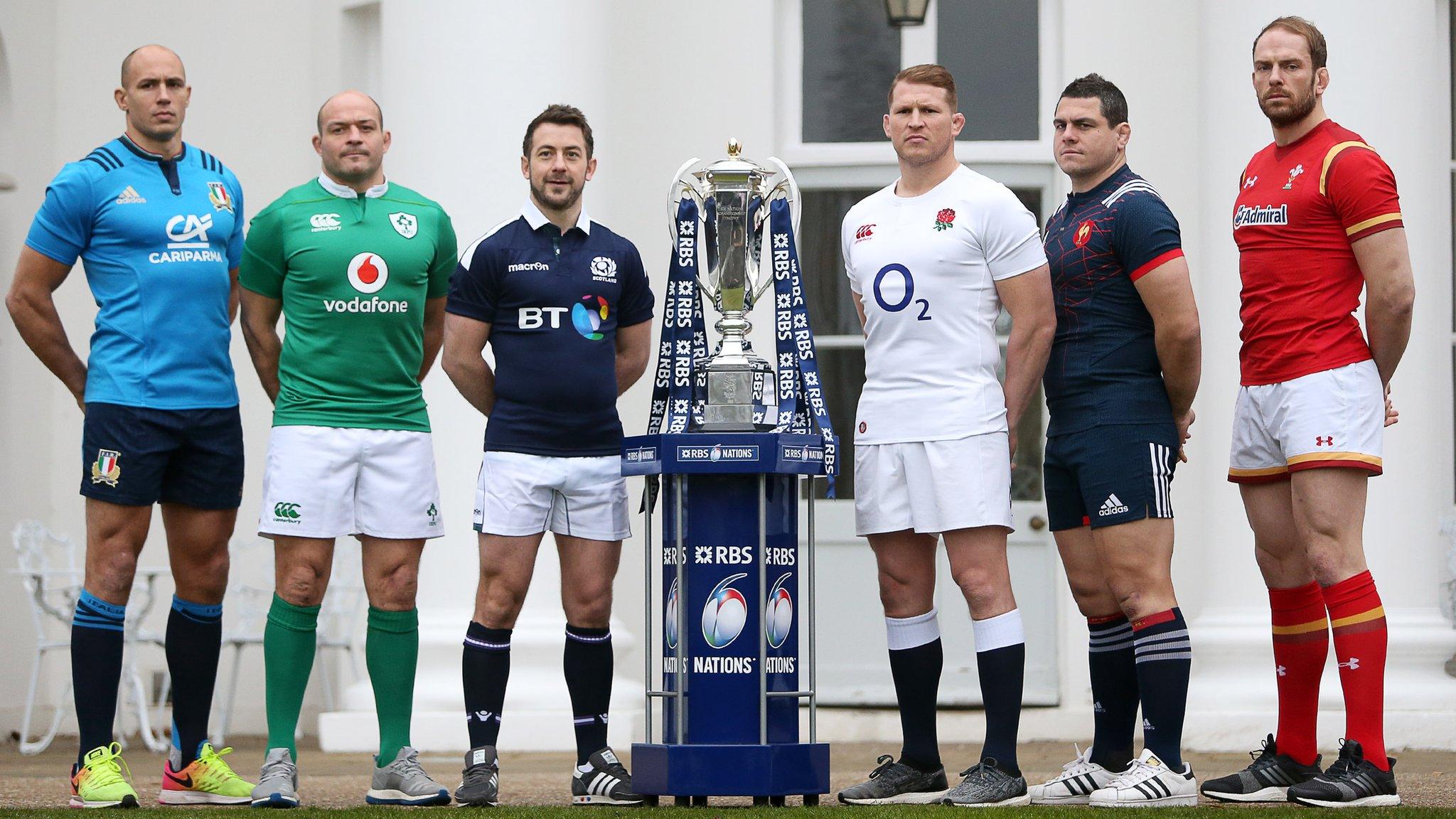
- Published25 January 2017
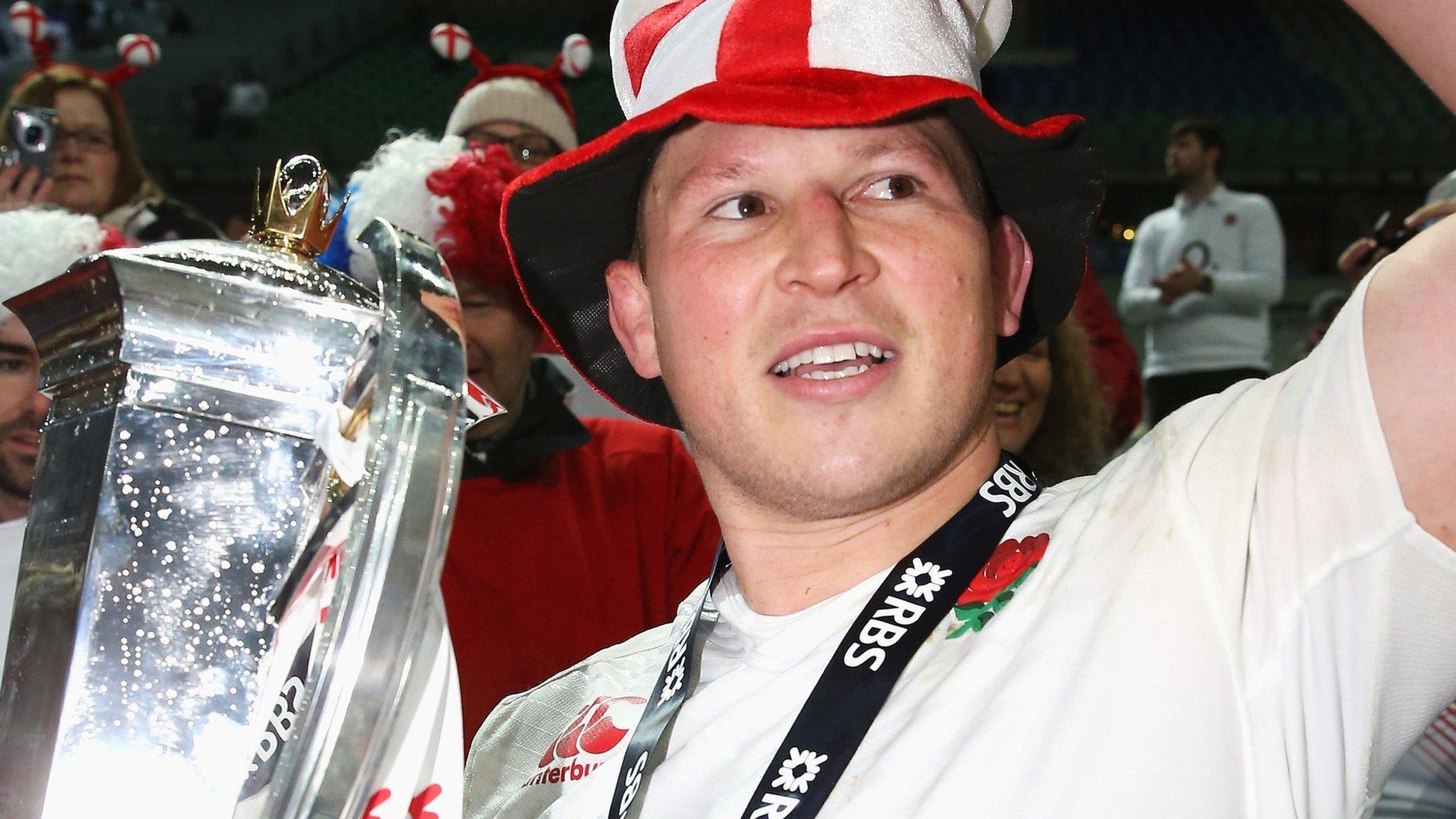
- Published26 January 2017
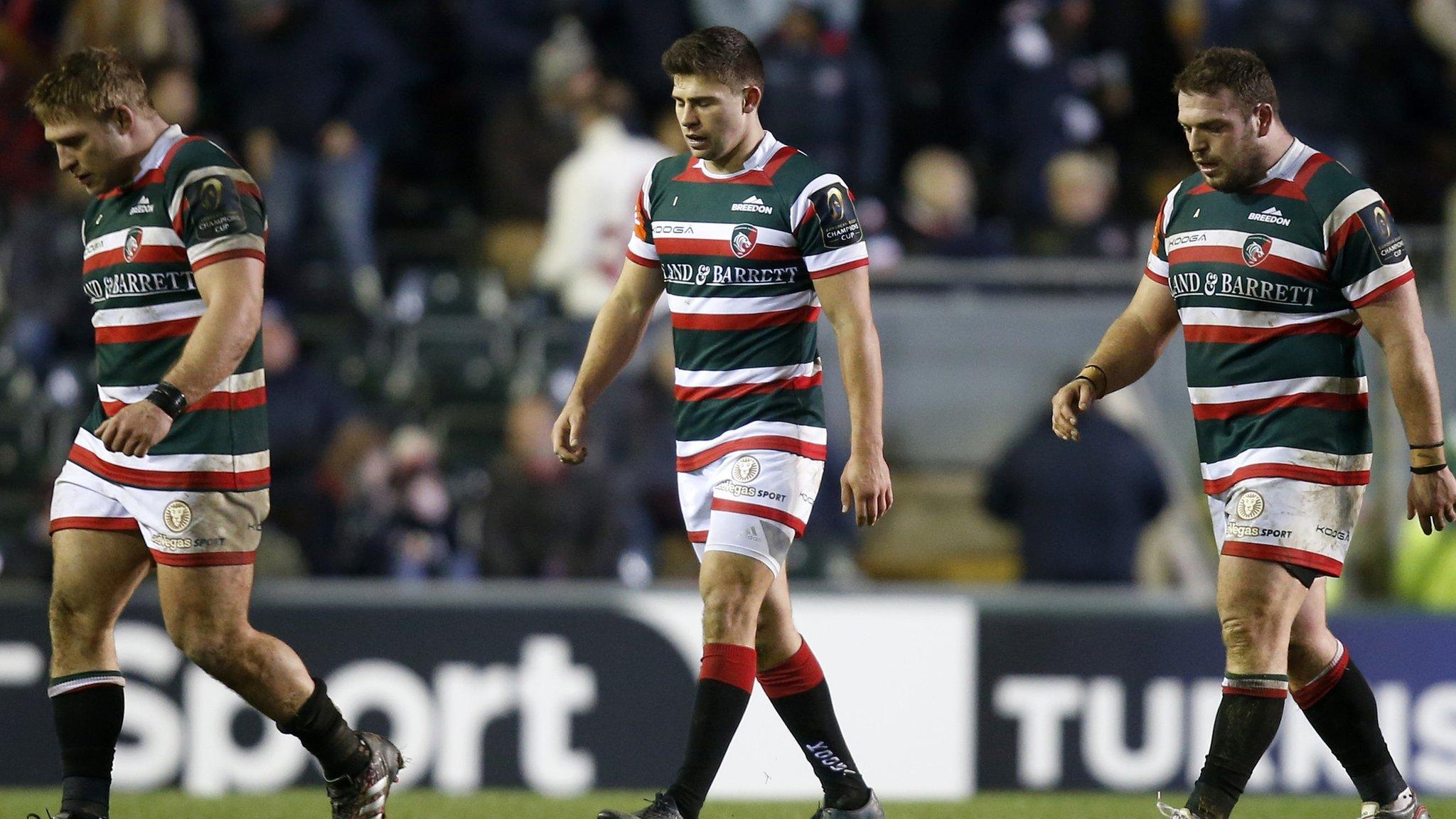
- Published19 January 2017
